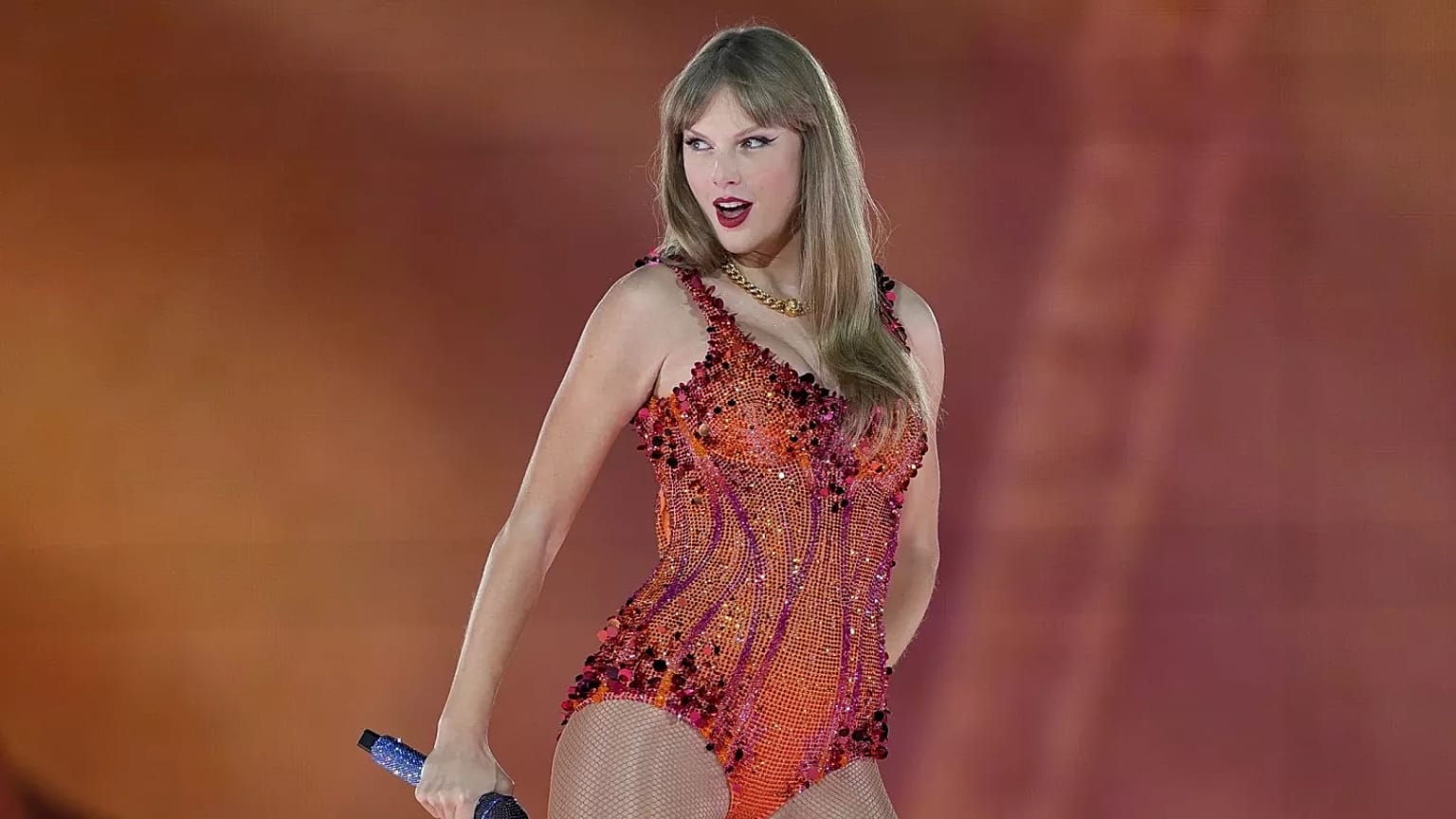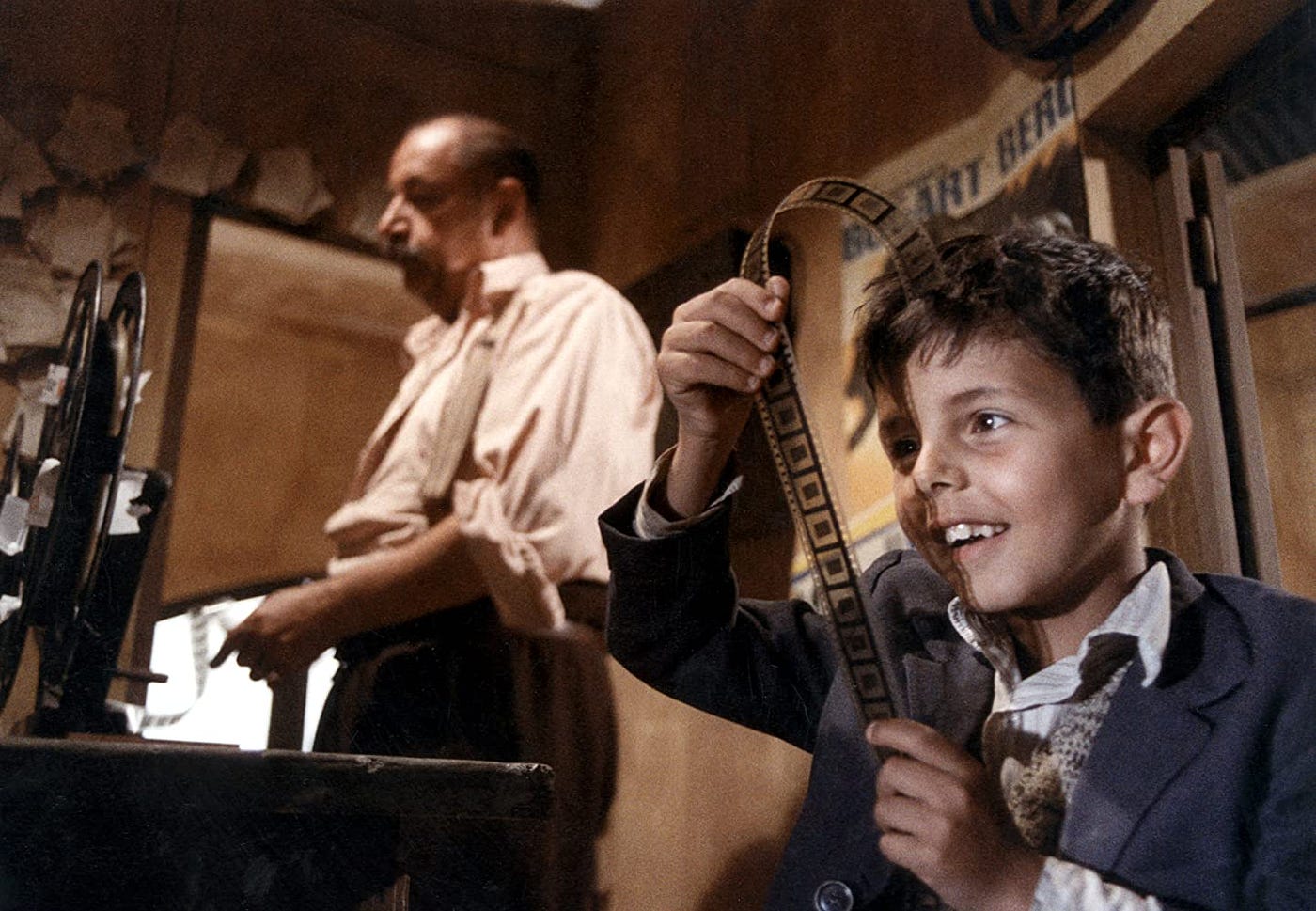Sidney Lumet’s film 12 Angry Men, based on Reginald Rose’s teleplay, stands as a classic exploration of the American justice system and the intricate ethical issues woven into the fabric of jury deliberations. Set within the confines of a single jury room, the narrative spotlights twelve individuals tasked with delivering a unanimous verdict in a murder trial—one that will decide the fate of a young defendant. Beyond its dramatic tension, the film probes deeply into themes of moral responsibility, prejudice, justice, and the integrity of the legal process.
The Weight of Justifiable Uncertainty
The central theme of the story revolves around the principle that individuals should be considered innocent until their guilt is definitively established. This fundamental idea challenges each jury member with an essential ethical responsibility: to refrain from making a decision until the evidence convincingly persuades them otherwise. The protagonist, Juror 8, personifies this principle by asserting that the gravity of deciding a person’s fate requires thorough evaluation, expressing, “It’s not simple to vote for sending a young man to his death without discussing it thoroughly first.” This statement does more than question the effectiveness of the deliberation—it emphasizes the ethical duty to avoid rushing judgment when justice is at stake.
Instances where several jurors advocate for a quick guilty verdict to return to their personal lives sharply contrast the spirit of this principle. Their actions prompt viewers to grapple with the dangers of apathy and the ethical consequences of sacrificing thoroughness for personal convenience.
Partiality and Preconceptions in Making Decisions
The movie boldly portrays how deeply rooted biases, either overt or discreet, compromise the impartiality anticipated from jurors. Juror 10 makes negative assumptions about individuals from slum areas, implying that crime is unavoidable in specific settings. His statement, “You know how these people lie. It’s born in them,” serves as a stark reminder of the impact of prejudice on logical decision-making.
Ethically, such bias undermines the concept of equality before the law—a cornerstone of democratic jurisprudence. The film exposes the danger when preconceived notions of race, social class, or ethnicity shape the search for truth, implicitly calling upon both viewers and participants in justice systems to vigilantly confront their own prejudices.
Team Dynamics and the Influence of Disagreement
12 Angry Men skillfully examines the moral importance of independent thinking within group contexts. The influence of peers and the inherent need for agreement lead several jurors to either ignore their uncertainties or follow the majority. Juror 8’s readiness to remain firm, even when faced with hostility and mockery, highlights moral bravery—the determination to stay true to one’s principles despite facing opposition.
La película se transforma en una reflexión más amplia sobre la ética de la disidencia: ¿Es más sencillo ‘seguir la corriente’ o expresar verdades incómodas a pesar del coste personal? La narración premia a aquellos valientes que se atreven a desafiar al colectivo, recordando a los espectadores el papel fundamental que la disidencia desempeña en la protección de la justicia.
Responsibility, Integrity, and Moral Agency
Los jurados no son simplemente piezas de una máquina impersonal; la película resalta su papel como agentes morales responsables de las repercusiones de sus decisiones. La actitud despreocupada inicial del Jurado 7 —votando basándose en intereses impersonales o impaciencia— actúa como un retrato de advertencia sobre la negligencia ética. En cambio, los Jurados 9 y 11 reflejan la calma y la fortaleza de la integridad personal; optan por examinar detenidamente las pruebas y cuestionar los supuestos, cumpliendo sus deberes con una consciencia sobria de la seriedad involucrada.
By highlighting these character differences, 12 Angry Men emphasizes the moral imperative for people in critical situations to behave thoughtfully rather than indifferently, underscoring how justice relies on individual responsibility.
Truth, Evidence, and the Limitations of Human Perception
A subtle yet critical ethical question explored is the nature and pursuit of truth. The deliberations expose how eyewitness testimonies and physical evidence, while crucial, can be flawed by error or misinterpretation. Juror 8’s methodical dissection of the evidence highlights the importance of humility and skepticism; no single perspective or fact is immune to doubt.
Ethically, the movie questions the pursuit of complete certainty in the enforcement of justice. The jury must recognize that their views are subjective, unavoidably influenced by human mistakes, and that considering someone innocent until proven guilty is an ethical protection against the devastating effects of this imperfection.
Justice and the Societal Good
The film resists narrow conceptualizations of justice as a mere legal formality. Instead, justice emerges as an active, collective striving to honor the dignity and rights of every individual—both the accused and the wider community. The deliberations call attention to the broader ethical implications of their verdict: Will their decision reinforce prejudice or encourage fairness? Does upholding due process strengthen the societal trust upon which democracy rests?
This wider viewpoint encourages both the imaginary jurors and actual viewers to consider their individual positions within power structures, and how moral actions or omissions can permanently influence the welfare of others.
12 Angry Men is not just a movie about a jury; it is a deep exploration of the eternal ethical dilemmas inherent in human decision-making. Through its dynamic characters and well-crafted story, it prompts continuous contemplation on the duties we owe—to others, to the defendant, and to the values supporting fair communities. The moral challenges faced by the jurors remain relevant, prompting careful consideration of the issues of bias, duty, and the quest for justice in every area of life.





:max_bytes(150000):strip_icc():focal(739x450:741x452)/Jane-Fonda-Aging-021925-tout-f137f9574daa4038ad78a8269bfdcf9a.jpg)